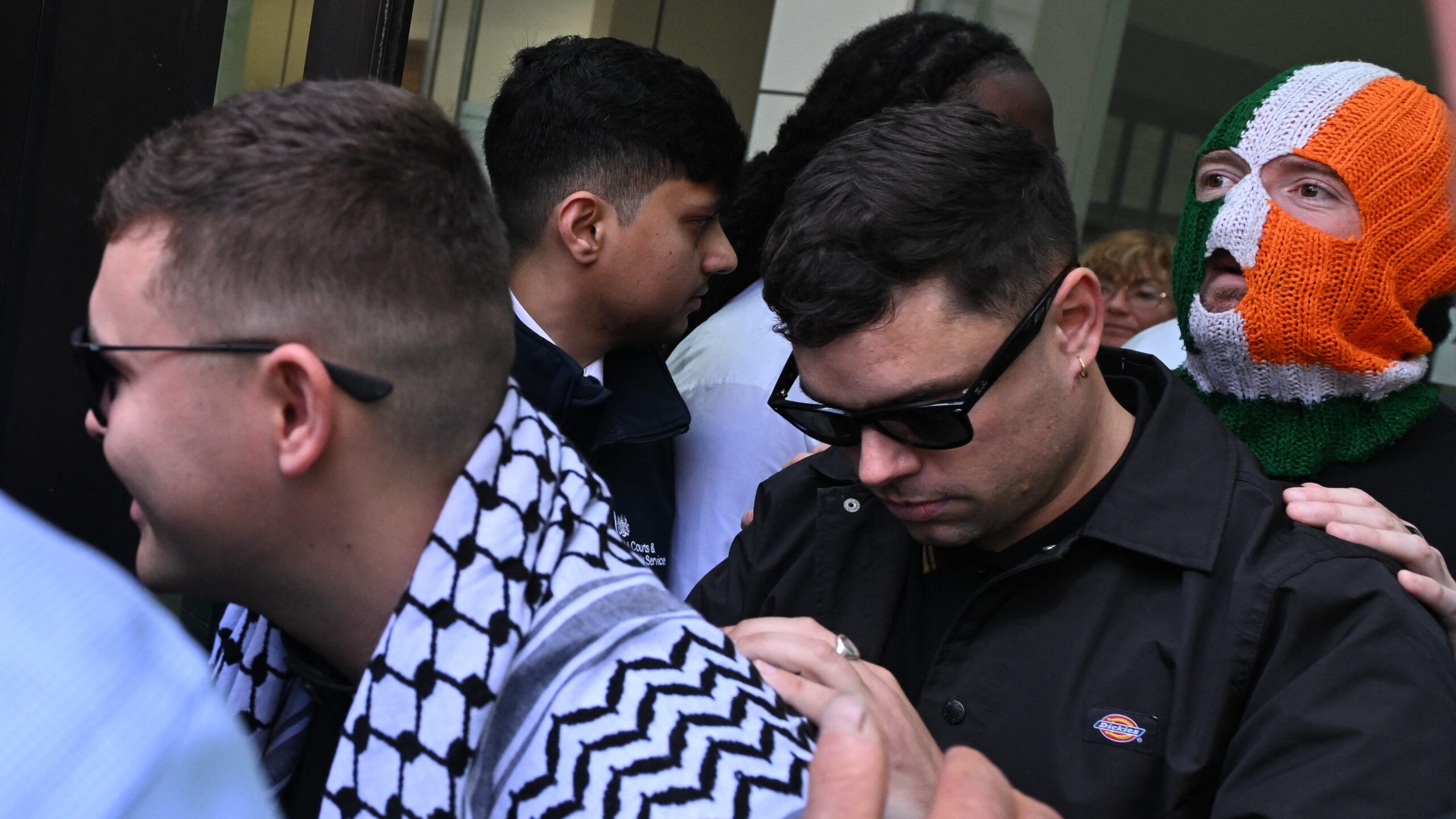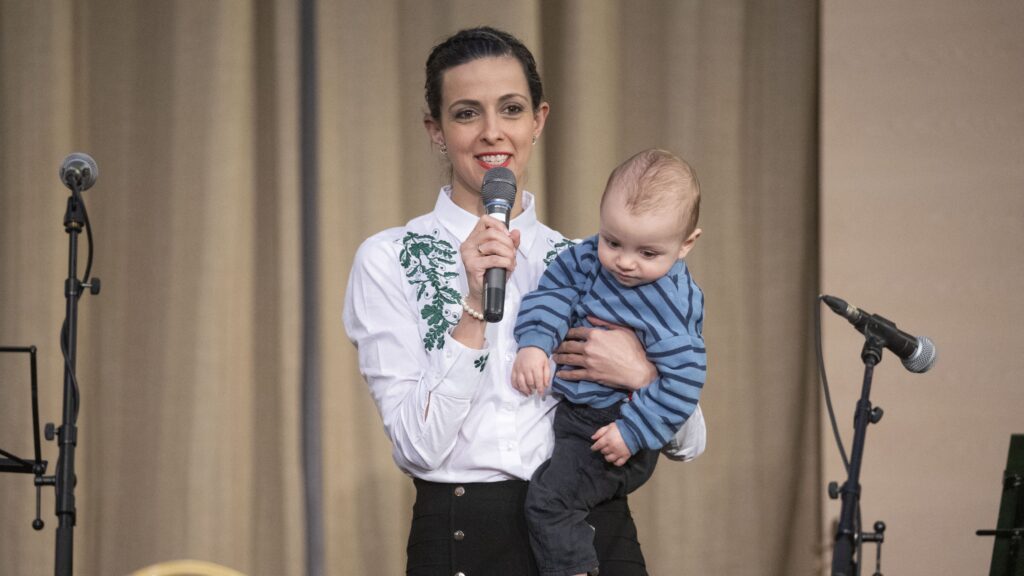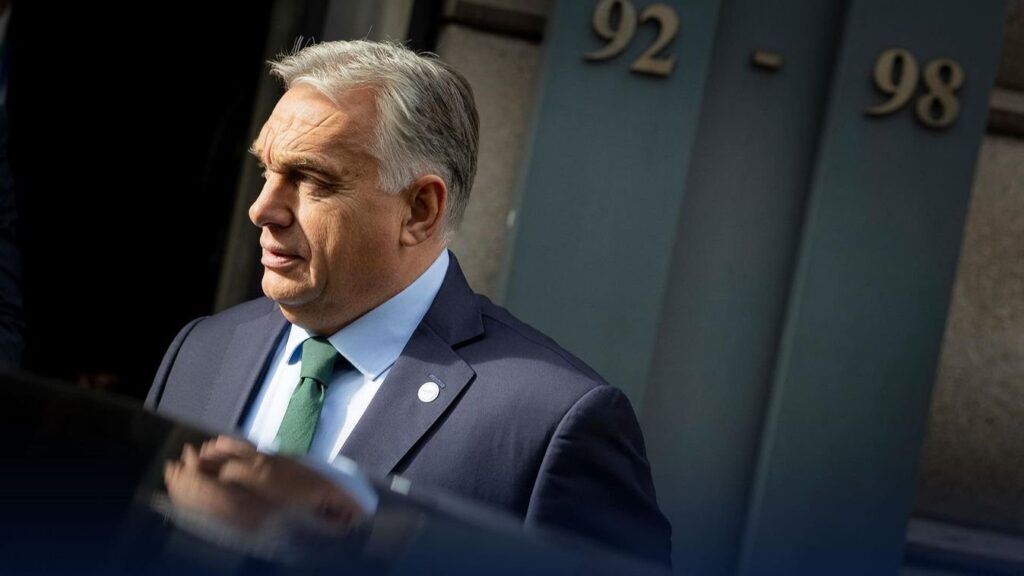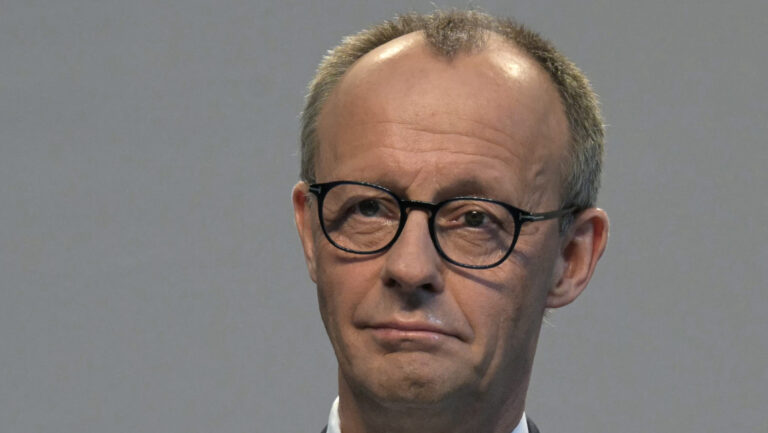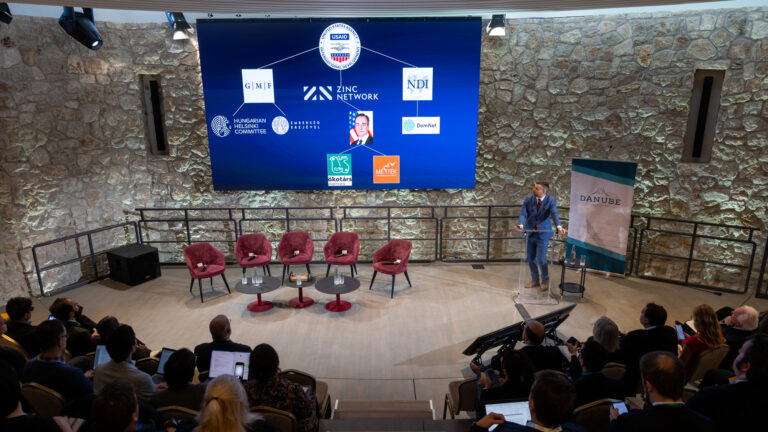In a sharply critical post addressed to the leadership of the Sziget Festival, Hungarian journalist and photojournalist Tamás Vajda has condemned the festival’s decision to include the Irish hip-hop group Kneecap in this year’s line-up. Vajda accuses the festival’s organizers of a grave moral failure by giving a platform to a band that openly glorifies and supports internationally recognized terrorist organizations Hamas and Hezbollah.
Tamas Vajda
(HUN/ ENG) Nyílt levél – Tisztelt Sziget Festival Official Sziget Cultural Management Ltd. Vezetése (Superstruct Entertainment / KKR), Tamas Kadar vezérigazgató, valamint a programszervezők,…
Kneecap’s Public Support for Terrorism Sparks Outrage
Vajda’s letter outlines numerous instances where Kneecap members have openly praised violent extremist groups, referring to Hezbollah fighters as ‘resistance heroes’, chanting slogans like ‘Free Palestine — BY ANY MEANS NECESSARY!’ and ‘Death to Zionists!’ at UK concerts and publicly waving Hezbollah flags on stage.
Their provocative actions extended to major international festivals where they displayed anti-Israel banners, and their hate-inciting chants at the Glastonbury Festival triggered police investigations. These documented acts of support for Hamas and Hezbollah have led to the band’s cancellation at respected European festivals like Bilbao BBK Live and Electric Picnic—yet Sziget’s leadership chose to ignore these warnings.
Moral Responsibility vs Commercial Interests at Sziget
British Prime Minister Keir Starmer has publicly stated that Kneecap should never have been granted a stage at Glastonbury, underscoring that artists inciting violence or threats must not be given platforms. Despite this clear international condemnation, Sziget Festival’s organizers have invited Kneecap to perform in Hungary for the first time.
Vajda questions whether commercial interests have overridden fundamental ethical principles, urging the festival to reconsider Kneecap’s participation and to transparently share their decision-making policies. He stresses that if Sziget truly stands for freedom, peace, and human rights, it cannot host a band that celebrates terrorism and hate speech—otherwise, it must admit openly that profit has taken precedence over decency.
Tamás Vajda’s open letter has sparked vigorous debate across Hungarian media and cultural spheres, raising urgent questions about where the line should be drawn between artistic freedom and moral accountability. With the Sziget Festival approaching, the world will watch to see if its leadership will uphold Hungary’s cultural values or continue down a troubling path.
Related articles:

